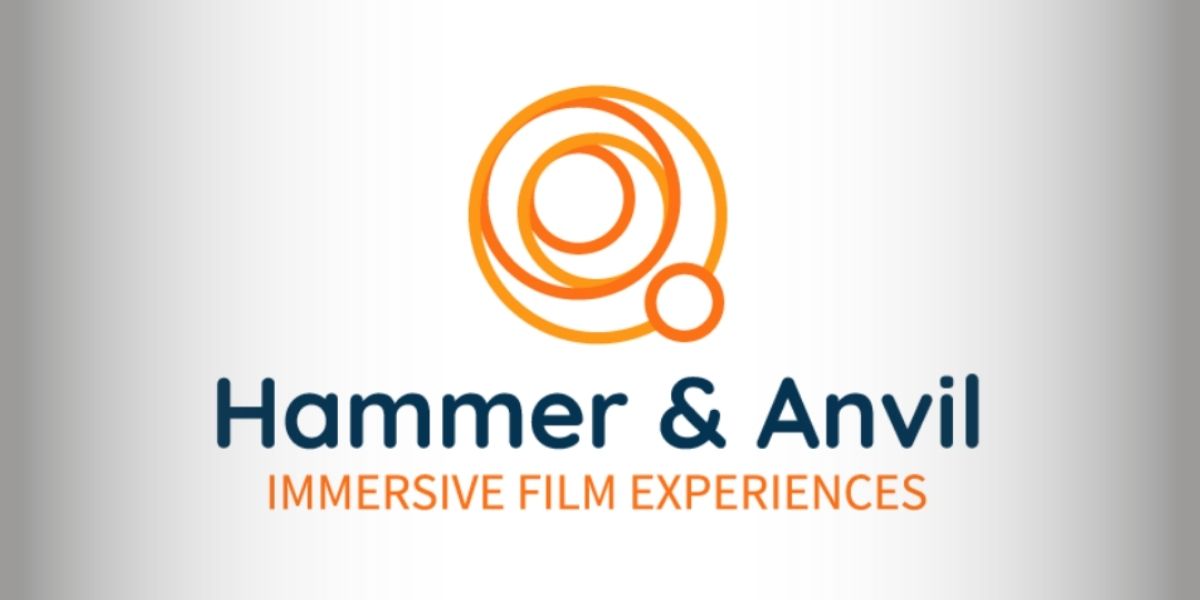Image Commercially Licensed From: Unsplash
In the competitive world of sales and marketing, if your company provides a high-value product or service that relies on acquiring large volumes of sales leads, lead quality plays a pivotal role in determining the success and profitability of your business. Acquiring high-quality leads, commonly called “the good leads” by salespeople, is essential for optimizing conversion rates, improving customer-acquisition costs, customer retention, and driving revenue growth.
Assessing lead quality encompasses characteristics and attributes that differentiate leads as to their relative potential to result in sales. It goes beyond the sheer quantity of leads generated and delves into their intrinsic value and relevance to your business. High-quality leads are genuinely interested in your products or services, firmly intend to purchase, and align with your target audience. They are more likely to engage with your brand, exhibit a higher propensity for conversion, and generate higher lifetime value.
In this article, I delve into the significance of lead quality, explore its determining factors, and introduce how LeadScorz can provide tools to better identify what looks like “quality” to your company. LeadScorz’s innovative Grading Engine is a unique solution that utilizes AI technology to enable lead buyers to leverage their historical data to optimize purchased lead quality, improve lead sourcing, and empower businesses to significantly improve over their historical sales performance.
Understanding Lead Quality
Lead quality is multi-faceted and encompasses various factors contributing to the likelihood of a lead converting into a customer. It goes beyond simply having contact information or showing interest in your products or services. A good lead possesses characteristics such as strong intent, relevance to your target audience, alignment with your ideal customer profile, and the potential to generate long-term value. To assess lead quality effectively, it is important to consider both quantitative metrics (such as conversion rates and cost per acquisition) and qualitative indicators (such as lead engagement and fit with your value proposition).
Diverse Lead Types and Conversion Rates
Leads can come from a variety of sources, at varying costs, and exhibit different conversion rates. Understanding the nuances of each lead type is crucial for optimizing lead quality, managing vendors, and efficient processing and distribution. For example, consumer-initiated, inbound leads generated through content marketing efforts often demonstrate higher quality, as those individuals are actively seeking information related to your industry or offerings.
On the other hand, leads engaged through outbound targeted prospecting may require more effort to convert, but can still yield valuable results if properly nurtured. Determining the right types and mix of purchased leads that work best for your sales organization is typically achieved only through trial & error. However, by analyzing historical data and leveraging AI-powered analytics, businesses can quickly gain insights into lead performance, identify patterns, and refine their lead-acquisition and processing strategies accordingly.
Lead Scoring vs. Relative Quality Grading
One approach to improving lead performance is by implementing lead “scoring” and prioritization processes. Lead scoring typically involves assigning a numerical value scale to leads based on how well they match up against predetermined characteristics such as the lead sourcing method used, personal demographic attributes, socio-economic values, and post engagement behaviour. Value scoring, which is typically applied only after acquiring and initial processing of leads, enables you to prioritize them in your sales queue and focus resources on those with the highest potential for conversion. But by assessing quality only after purchasing a lead, you still absorb the purchase cost as well as the cost of resource applied in determining its “score.”
Lead pre-qualification or “grading” on the other hand, can be applied prior to purchasing a lead, and involves evaluating leads against specific relevant “personas.” Such personas are established via complex analysis and characterization of your past converters, and then comparing the relative “likeness” of similar personas of new or offered leads against your historical customers to determine their likely readiness to engage with your sales team. By pre-qualifying leads based on their fit with your target market and their level of interest prior to purchasing the lead, you can ensure that your marketing dollars, on average, will supply your sales team with leads that on average present a greater opportunity for closing a sale.
Incorporating Predictive Analytics and AI
Grading leads based on the determination of how well their personal “personas” match with your historical customers’ personas involves the use of data modeling, machine-learning based algorithm computing, and appending of extensive consumer data to each Individual lead – in both the modeling and grading processes. Using current predictive analytics and AI-driven technologies, businesses can analyze large historical lead data-sets to identify patterns, predict future behavior, and uncover hidden insights about lead quality. By applying machine learning algorithms, businesses can better understand consumer intent and propensity to convert. This enables more accurate lead qualification, higher ROI on marketing spend through automated purchase decision-making, personalized targeting, and optimizing lead generation campaigns.
Introducing LeadScorz
LeadScorz’s cloud-based Lead Management and Grading Engine is a cutting-edge solution that provides businesses with the advanced technology to enhance lead quality and streamline lead-acquisition processes via a cost-effective, subscription-based service. Through the application of AI and predictive modeling, LeadScorz analyzes each client’s historical lead data to determine what attributes contribute to conversion propensity, allowing businesses to refine their lead-purchasing criteria and prioritize landed leads that align with their specific requirements. By integrating LeadScorz into your current CRM or Call Center systems and your lead-acquisition strategy, you gain access to a better mix of leads with higher average quality. This empowers your sales team to focus their efforts on leads with the highest potential for conversion, resulting in increased efficiency, improved sales performance, and greater return on investment.
Improving lead quality is a fundamental step toward achieving sales success. Businesses can attract and nurture high-value leads by understanding the key elements that define lead quality specific to their unique business needs. Marketers can improve sales team performance by implementing effective lead grading and qualification processes, leveraging predictive analytics and AI, and considering the integration of innovative lead management and sales support solutions like LeadScorz. Investing time and resources in optimizing lead quality can pay off quickly by increasing conversion rates, automating sales process decision-making, and reducing customer acquisition costs.
To learn more about LeadScorz visit their website to download a Client Case Study or a free Grading Engine White Paper https://leadscorz.com/get -case-study/, or schedule a no-obligation demonstration https://leadscorz.com/book-a-demo/









